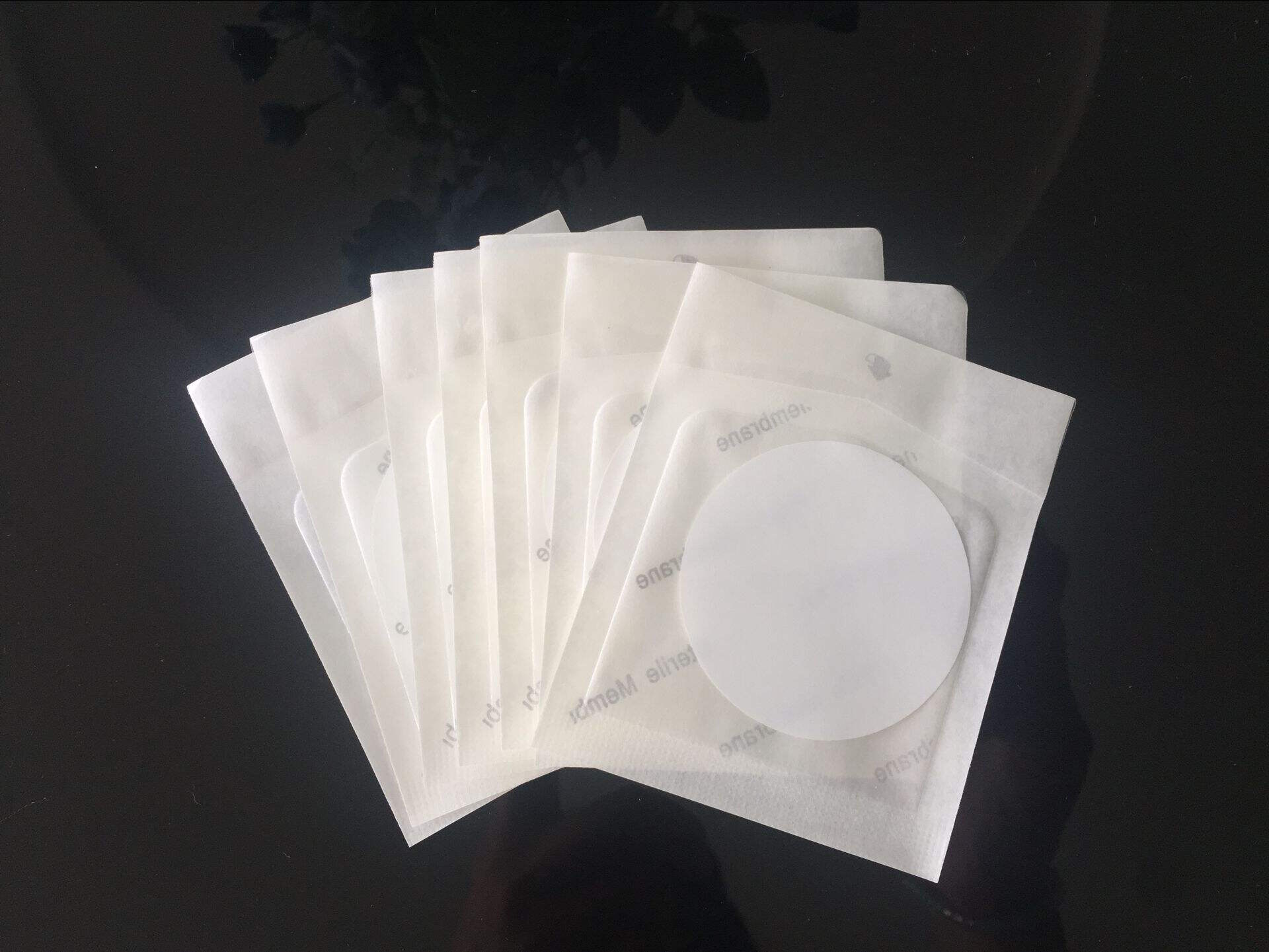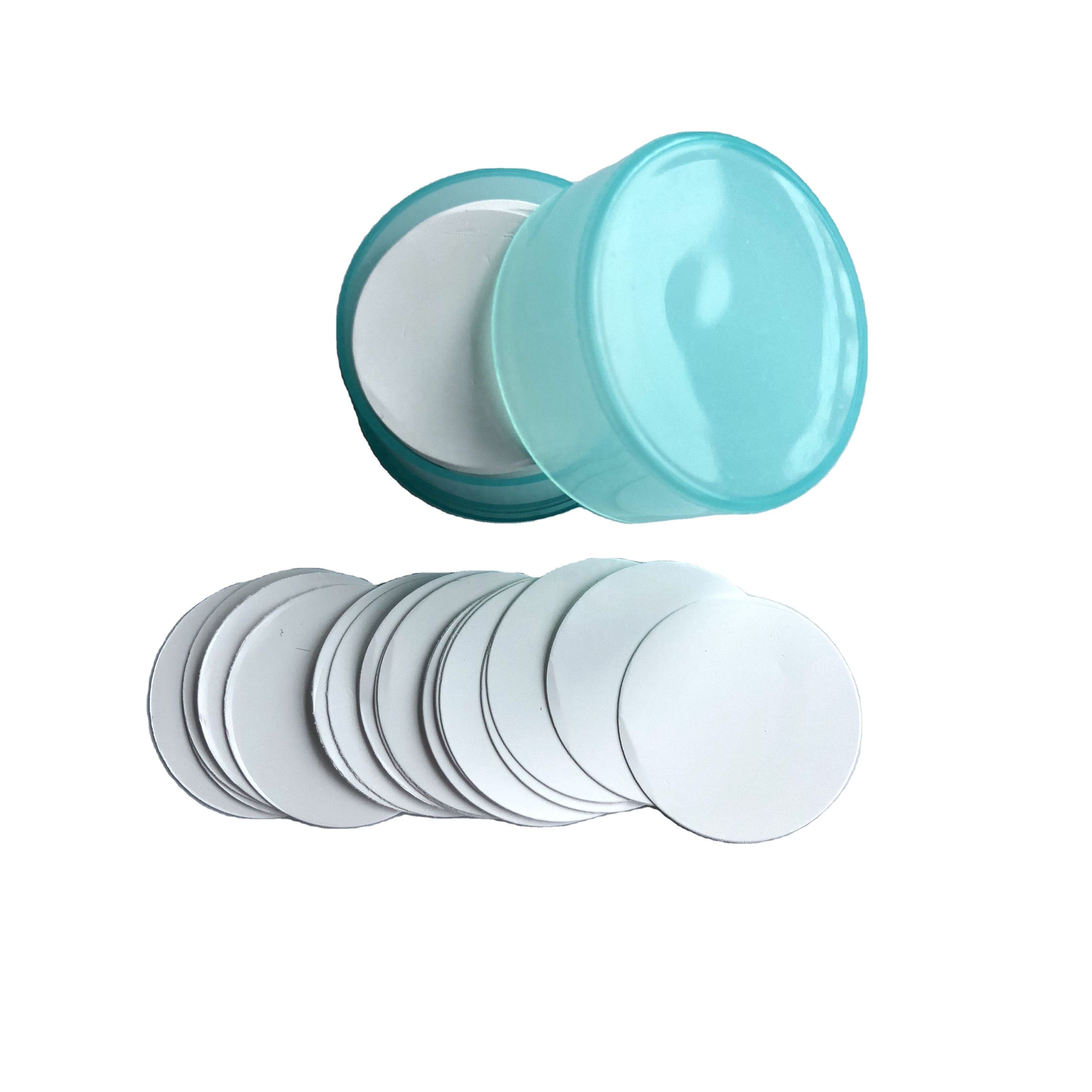Understanding the Power of Advanced Membrane Filtration Technology
In today's precision-driven industrial landscape, membrane filters have emerged as the cornerstone of reliable filtration processes across numerous sectors. From pharmaceutical manufacturing to water treatment facilities, these sophisticated filtration solutions deliver unprecedented levels of accuracy and consistency. The technology behind membrane filters represents decades of engineering innovation, resulting in filtration systems that can separate particles at the microscopic level with remarkable precision.
The reliability of membrane filters stems from their unique structural composition and advanced manufacturing processes. These specialized filters utilize synthetic materials engineered to create precise pore sizes and consistent filtration patterns. This level of control ensures that every batch of filtered material meets the same exacting standards, making membrane filters the preferred choice for industries where precision is non-negotiable.
Core Components and Design Features
Material Engineering Excellence
The foundation of reliable membrane filters lies in their material composition. Modern membrane filters utilize advanced polymers such as polyethersulfone (PES), polyvinylidene fluoride (PVDF), and polytetrafluoroethylene (PTFE). These materials offer exceptional chemical resistance, thermal stability, and mechanical strength. The careful selection of these materials ensures that membrane filters maintain their integrity even under challenging operating conditions.
Each material brings unique properties to the table. For instance, PES membrane filters excel in protein filtration applications due to their low protein binding characteristics, while PTFE membranes offer superior chemical resistance for aggressive process streams. The versatility of these materials allows manufacturers to optimize membrane filters for specific applications while maintaining consistent performance.
Precision Pore Structure
The hallmark of membrane filters is their precisely controlled pore size distribution. Advanced manufacturing techniques create uniform pore networks that effectively capture particles larger than the rated pore size while allowing smaller molecules to pass through. This precise control over pore structure ensures consistent retention rates and reliable filtration performance across the entire membrane surface.
Modern membrane filters feature symmetrical or asymmetrical pore structures, depending on the application requirements. Symmetrical structures offer consistent filtration throughout the membrane depth, while asymmetrical designs provide enhanced dirt-holding capacity and longer service life. This architectural flexibility makes membrane filters adaptable to various filtration challenges while maintaining their reliability.
Performance Characteristics and Benefits
Superior Filtration Efficiency
Membrane filters demonstrate exceptional filtration efficiency due to their unique operating mechanisms. Unlike traditional depth filters, membrane filters utilize a surface filtration approach that prevents particle penetration into the filter matrix. This results in higher particle retention rates and cleaner filtrate quality. The efficiency of membrane filters is particularly evident in critical applications where even minimal contamination cannot be tolerated.
The consistent performance of membrane filters is further enhanced by their ability to maintain stable flow rates throughout their service life. This predictable behavior allows operators to optimize their filtration processes and implement effective preventive maintenance schedules, ensuring continuous operational reliability.
Validation and Quality Assurance
The reliability of membrane filters is backed by rigorous validation protocols and quality control measures. Manufacturers employ sophisticated testing methods to verify filter integrity, including bubble point tests, diffusion rates, and bacterial challenge tests. These validation procedures ensure that every membrane filter meets strict quality standards before reaching the end-user.
Documentation and traceability are integral aspects of membrane filter manufacturing. Each filter unit comes with detailed certification documentation, including lot numbers, integrity test results, and manufacturing date codes. This comprehensive documentation supports regulatory compliance and quality assurance programs in regulated industries.

Applications and Industry Impact
Pharmaceutical and Biotechnology Solutions
In the pharmaceutical industry, membrane filters play a crucial role in ensuring product safety and quality. These filters are essential for sterilization, clarification, and bioburden reduction processes. The reliability of membrane filters in maintaining sterile conditions has made them indispensable in vaccine production, injectable drug manufacturing, and cell culture applications.
The biotech sector relies heavily on membrane filters for upstream and downstream processing. From harvesting cell cultures to final product sterile filtration, these filters maintain product integrity while meeting stringent regulatory requirements. Their consistent performance helps manufacturers achieve reproducible results in their bioprocessing operations.
Environmental and Industrial Applications
The water treatment industry benefits significantly from the reliability of membrane filters. These filters are crucial components in reverse osmosis systems, ultrafiltration units, and water purification plants. Their ability to remove contaminants, including bacteria, viruses, and dissolved solids, ensures safe drinking water production and efficient wastewater treatment.
Industrial processes also depend on membrane filters for various applications, from gas separation to food and beverage production. The versatility and reliability of these filters have revolutionized manufacturing processes, enabling higher product quality and improved process efficiency.
Future Developments and Innovations
Smart Filtration Technologies
The future of membrane filters lies in smart technology integration. Manufacturers are developing intelligent membrane systems with built-in sensors and monitoring capabilities. These advanced features will enable real-time performance tracking, predictive maintenance, and automated optimization of filtration parameters. The incorporation of smart technologies will further enhance the reliability and efficiency of membrane filtration systems.
Research is also focused on developing self-cleaning membrane filters that can maintain consistent performance for longer periods. These innovations aim to reduce maintenance requirements and extend filter service life while maintaining the high reliability standards that industries depend on.
Sustainable Solutions
Environmental consciousness is driving innovation in membrane filter technology. New developments focus on creating more sustainable filtration solutions, including biodegradable membrane materials and energy-efficient designs. These advancements will help industries meet their sustainability goals while maintaining the reliable performance they expect from membrane filters.
The push towards sustainability also includes efforts to improve membrane filter recycling and reduce waste. Manufacturers are exploring novel materials and designs that facilitate easier recycling while maintaining the high performance and reliability standards required by industry applications.
Frequently Asked Questions
How Long Do Membrane Filters Typically Last?
The service life of membrane filters varies depending on the application, operating conditions, and filtration load. Under optimal conditions, industrial membrane filters can last anywhere from several months to multiple years. Regular monitoring, proper maintenance, and following manufacturer guidelines for replacement intervals ensure consistent filtration performance throughout the filter's lifetime.
What Makes Membrane Filters More Reliable Than Traditional Filters?
Membrane filters offer superior reliability due to their precise pore size control, uniform particle retention, and consistent performance characteristics. Unlike traditional filters, membrane filters provide absolute filtration ratings, validated retention capabilities, and documented performance specifications. Their advanced materials and manufacturing processes ensure reproducible results and compliance with industry standards.
How Are Membrane Filters Validated for Critical Applications?
Membrane filters undergo extensive validation through multiple testing methods, including integrity testing, bacterial challenge tests, and particle retention studies. Manufacturers provide detailed validation packages that include test results, certification documentation, and compliance information. This comprehensive validation process ensures that membrane filters meet the stringent requirements of critical applications in regulated industries.




